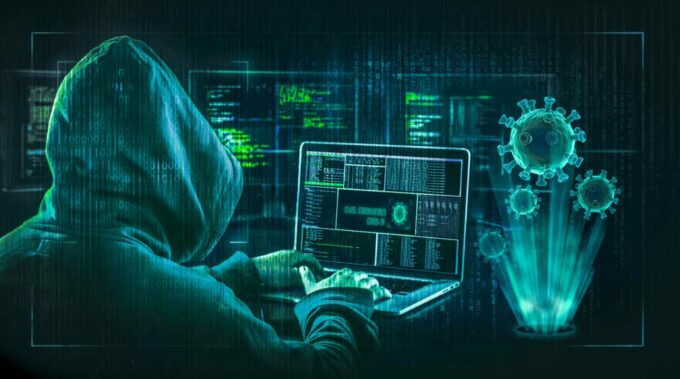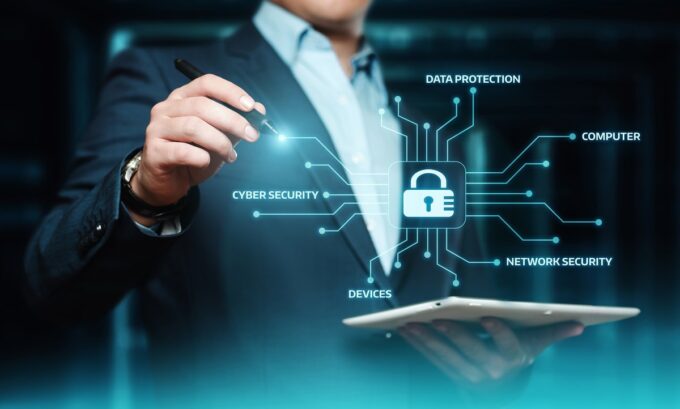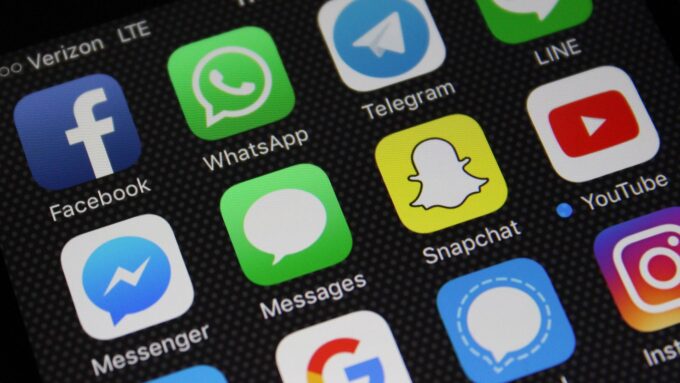In any enterprise, clear and effective communications are essential to success. Whether you’re conducting a virtual meeting or coordinating new business initiatives, staying connected is now more crucial than ever.
COVID-19 has forced millions of us into lockdown and as a result, most businesses have turned to remote working. Globalization has made it possible for teams from all over the world to come together and collaborate as one.
Freelancing and the gig-based economy has always been seen to be a rising star in the economy. Now in the wake of a global economic meltdown, companies will soon find themselves having to rely more upon contractors.
The flexibility that freelancers bring to the table is hard to deny, as they can be sourced from anywhere around the world at any time. In most cases, freelance professionals do not have to be physically present on site to function.
Hence businesses have found it possible to lean out their operations by outsourcing tasks to freelancers and focusing on their core strengths.
All of this flexibility however does indeed come at a cost. Because freelancers often work remotely, secure communications and data integrity can be an issue. Communicating over third-party messaging apps or service providers exposes both freelancers and companies to hack attacks and data theft.
While not directly related, the 2011 News of The World phone hacking scandal is a frightening example of how highly-sensitive, confidential data can be accessed and stolen by unscrupulous third parties.
Now imagine the consequences, if it was revealed that the database of an organization with international or even governmental interests was compromised. Besides inflicting severe damage to an organization’s reputation, a security breach would undoubtedly lead to a loss of business or even the collapse of a going concern.
Having left you with that image, let us now take a look at how businesses can safeguard their communications and prevent data breaches.
1. Inculcating a culture of safety

As any criminal will tell you, the best targets are the ignorant ones.
The computer users who use the same password for all their accounts. The ones who spend their time on dodgy adult sites. The one who leaves his/her workstation open and unlocked at the end of the work day.
All it takes for a hacker to gain access to your company’s database is for one of your employees or freelancers to make a mistake.
In 2018, confidential medical records of 1.5 million Singaporean citizens including that of Prime Minister Lee Hsien Loong was stolen when the database of SIngHealth; Singapore’s public health consortium, was accessed by an unknown third-party.
An investigation was launched into the incident and it was revealed that SingHealth staff lacked even the most basic IT security knowledge. Consequently, hackers were able to gain entry through an unsecured work terminal.
The SingHealth scandal is a clear example of why business owners need to ensure that their employees practice good IT security practices. Whether it’s securing their terminals, regularly changing their passwords, and reporting suspicious activity – security needs to be everyone’s responsibility.
Rather than leaving it in the hands of the IT department, a culture of safety should be inculcated at all levels of the organization. Doing so significantly reduces the risk of hackers being able to gain access to sensitive data.
2. Keep IT systems up to date

Information has become a commodity in today’s hyperconnected world. This is why cybercriminals are constantly developing newer, more advanced methods of committing their crimes.
From malware viruses and keystroke loggers to phishing attacks and brute force attacks, the information superhighway is a dangerous place. More often than not, most of us remain blissfully ignorant of the risks present around us.
With more than 350,000 new instances of malware being developed every day, your software’s antivirus system has its work cut out for it. This is why it’s even more frustrating when businesses fail to regularly update their antivirus software.
In order to be truly effective, your PC will need to have the latest virus definitions. This allows it to track and block new examples of malware that may invade your computer. Failing to stay updated is just like bringing a toothpick to an all out gun battle.
3. Manage system accessibility

Despite what we’ve been saying, not all cyber criminals are evil geniuses with supernatural computer hacking abilities. Most of the time, data breaches come about as a result of poor security hygiene practices.
Once a hacker detects a vulnerability in a system, they will choose to exploit it as far as they can go. In order to prevent this, it’s always best to manage system accessibility and restrict access to more sensitive data.
This ensures that in the event an employee’s account is compromised, the hacker will find themselves locked out of most areas. Thus reducing the damage caused by data breaches and minimizing the organization’s risk exposure.
4. Use secure messaging apps

The information age has made seamless, near instantaneous communication a possibility for everyone around the world. Something which has proven to be a real boon for the business world.
From Johannesburg to Kyoto, you’ll be able to effortlessly make and close business deals over email or via short instant messages. All this freedom however is not free and the risk of security breaches is still a very real one.
Imagine having the details of a highly confidential business deal leaking out to thousands of strangers on the internet. Any competitive edge that your organization may have enjoyed is now over and you may find yourself quickly losing business.
All this serves to illustrate the importance of using secure messaging applications when communicating with others in your company. While some may argue that face-to-face communications are the best way to keep things secure, mandatory social distancing measures have made this impossible.
Hence illustrating the need for businesses to utilize encrypted messaging apps such as Telegram, Signal or Tezro. We recommend the later, as it’s not only a great encrypted messaging app, but also a great way to exchange crypto assets.
If you are not familiar with Tezro and the cryptocurrency world, click here to read their article on the latest crypto trends: blog.tezro.com/cryptocurrency-trends
Data security is something that should be taken extremely seriously in today’s world. Good IT security practices, a culture of safety, and the use of cutting-edge technology will allow you to stay one step ahead of the hackers.








